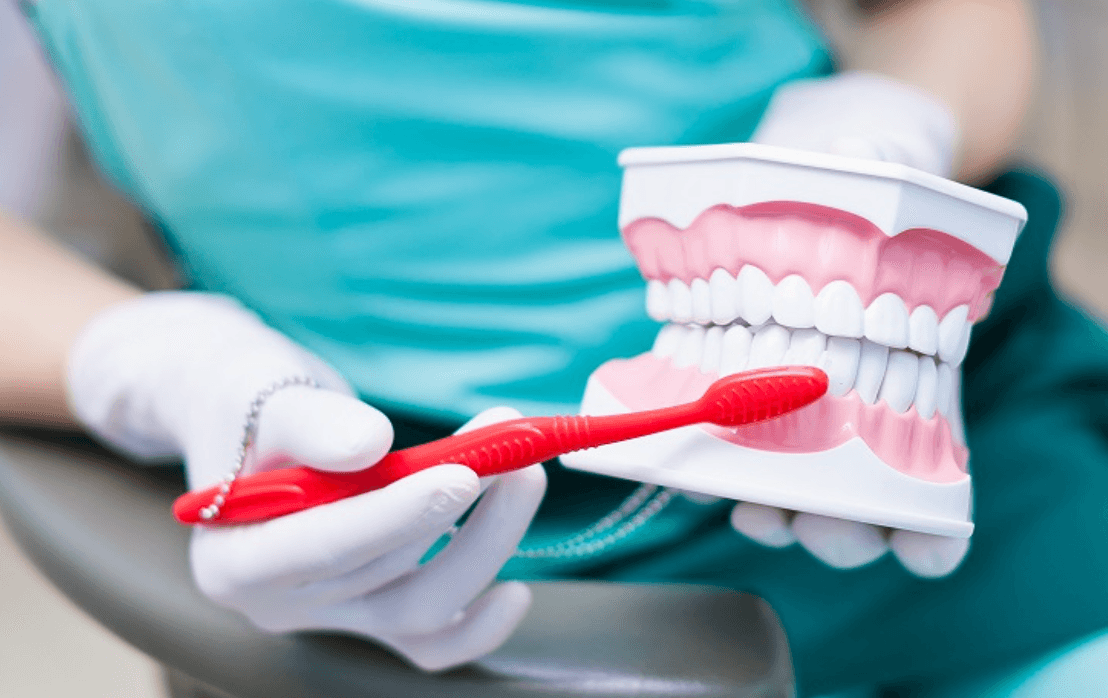You’ve Been LIED TO About Iodine | Dr. Elizabeth Bright
Iodine is a critical element for maintaining thyroid function and general health. It has essential roles in various bodily processes, yet its importance is often overlooked or surrounded by controversy.
The history of iodine in medicine is marked by polarizing views. Some experts promote its benefits, particularly for thyroid health and as a disinfectant, while others have historically condemned it as harmful. This division traces back to several 20th-century medical reports suggesting negative effects, leading to "yotopophobia," or the fear of iodine.
Iodine deficiencies are prevalent in regions with low natural iodine sources. Mountainous areas, such as parts of Switzerland and the Appalachian region in the United States, historically faced higher goiter rates due to insufficient iodine. Additionally, modern environmental factors, like the presence of fluoride and bromide, can interfere with iodine availability.
For those considering iodine supplements, understanding the correct dosage and type is crucial. The video suggests starting with two drops of a 5% iodine solution per day as a general guideline. However, individuals with specific conditions, like thyroid nodules, might need personalized advice to avoid potential adverse effects.
Iodine requirements can vary significantly between men and women, especially during adolescence. Women generally need more iodine to support physiological processes such as breast growth and uterine development. However, both men and women benefit from adequate iodine levels during puberty.
Beyond thyroid health, iodine plays a role in protecting against certain environmental toxins and supporting reproductive health through its presence in mucus-bearing tissues. Ensuring an adequate supply can contribute to overall hormonal balance and may help reduce the risk of certain conditions like fibroids and cysts.
In conclusion, while iodine is vital for maintaining health, understanding its nuanced role and addressing the myths surrounding its use is essential. Through informed supplementation and consideration of individual health needs, it is possible to harness iodine's benefits safely.
"Although iodine can be contentious, its potential benefits for health, especially thyroid and reproductive health, are significant."
From Around The Web
Wellness Inbox is a blog & weekly newsletter that curates trending news and products related to health and wellness from around the web. We also gather content from various sources, including leading health professionals, and deliver it directly to you.
Please note that we may receive compensation if you purchase any products featured in our newsletter. Wellness Inbox is not affiliated with, nor does it endorse, any health professionals whose content may appear in our newsletter. The information provided is for general informational purposes only and should not be considered medical advice.
The information provided is not intended to replace professional medical advice, diagnosis, or treatment. All content, including text, graphics, images, and information available is for general informational purposes only. We do not guarantee the accuracy or completeness of any information presented and assume no liability for any errors or omissions. The content is subject to change without notice. We encourage you to verify any information with other reliable sources and consult your physician regarding any medical conditions or treatments.







